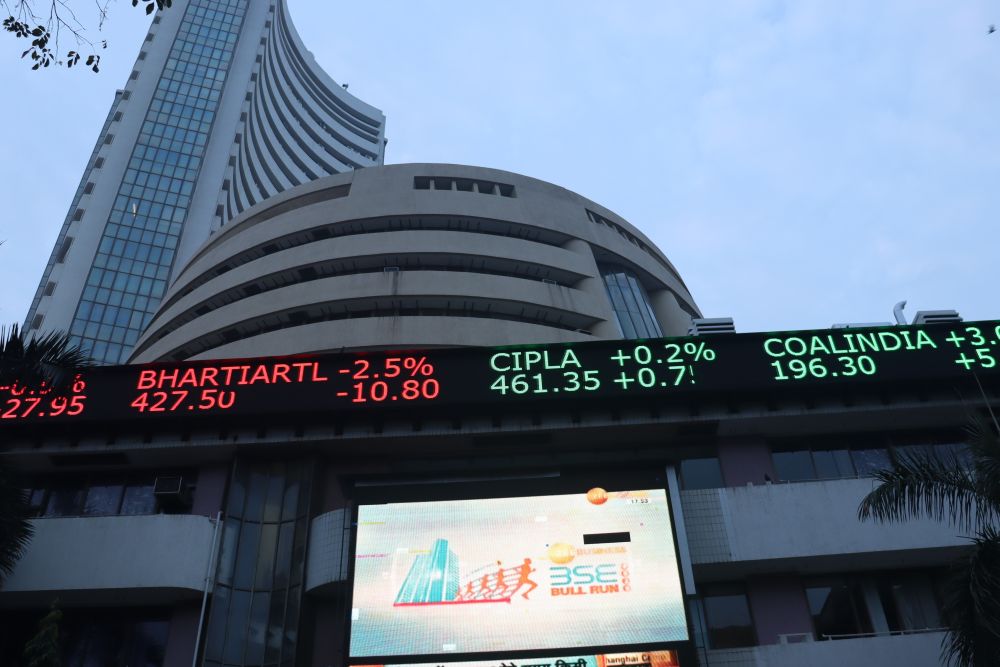.jpg) |
|
September proved a challenging month for many investors as equities, bonds and credit sold off. The MSCI World index was down 2.7%, while the Barclays Global Aggregate Bond index lost 2.8%. Global macro hedge funds delivered 1.5%, while the broader hedge fund universe was down 0.8%, as measured by the HFRX Macro/CTA index and the HFRX Global Hedge Fund index, respectively (returns stated in US dollar terms).
September was an encouraging month for global macro investors as the strategy delivered positive returns in the face of rising volatility and sell-offs in equities, bonds and credit. This performance came after a similarly positive month in August when risk assets performed positively, showing macro strategies performing independently to broader equity markets across the two-month period. For September, the largest contributing macro trade was long US dollar versus the euro, the yen and to a lesser extent versus emerging market and commodity-dependent currencies. Outside of currencies, the sell-off in fixed income was generally helpful as managers had been positioned short US duration.
The month was more challenging for other hedge fund strategies with equity hedge and relative value down. Meanwhile, event driven saw its worst month of the year, with the HFRX Event Driven index falling 3.1% in US dollar terms. The increased risk relating to merger deals and the underperformance of mid-cap equities contributed to the negative performance.
The event driven strategy was the leading hedge fund strategy year-to-date before September, but has now given up that lead. Deal spreads widened materially in many announced situations, driven partly by the US crackdown on ‘inversion mergers’. The broad increase in volatility in equities and credit also had a negative effect on deal volumes and deal closing probabilities. Given that many of these event situations are in mid-cap stocks, and the smaller-cap Russell 2000 index underperformed the larger-cap S&P 500 index by almost 5% over the month, an unusually large performance differential, this hurt the average positioning for event managers and for active equity managers in general.”
We positive on the prospects for global macro and for event driven and are pleased to see opportunities ripening for global macro strategies, with volatility increasing and divergent global central bank policies leading to a dispersion in expectations for interest rates and currencies around the world. For event driven strategies, we remain positive even after September’s challenges.
We see evidence of the reach for yield theme continuing, which should be supportive of credit availability for event deals. In addition, with many transactions unrelated to US tax inversion potential, we expect to see further healthy volumes of event opportunity.
Anthony Lawler is head of portfolio management for GAM’s alternative investments solutions (AIS) team








